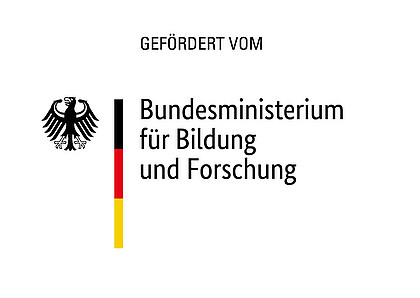A new understanding of innovation is needed for the transformation towards sustainable ways of living and doing business. This is the premise on which the "ATRAKTIV" joint project is starting its work.

In the TRAWOS project, which is coordinated by the Leibniz Institute of Ecological Urban and Regional Development (IOER), the Zittau/Görlitz University of Applied Sciences and other scientific institutions and local partners are investigating how structurally weak regions can make better use of their potential in transformation processes in four sample areas. The project is funded by the Federal Ministry of Education and Research (BMBF).
Innovations are important drivers of social change and set the pace for apparent progress in human development. However, in view of crises such as climate change, species extinction and resource scarcity, the negative consequences of this progress are also becoming apparent. It has long been clear that a transformation to more sustainable ways of living and doing business is necessary. How can this transformative change be achieved in cities and regions? How can they increase their ability to adapt, their "transformative capacities", and thus initiate and accelerate processes such as the energy transition? What role do innovations play in this? The project "ATRAKTIV - Building transformative capacities to activate regional innovation systems", which started work in November 2022, is dedicated to these questions.
The project aims to question the traditional understanding of innovation, which is primarily geared towards technological progress and economic growth. In addition to technological and economic innovations, the ATRAKTIV project therefore also focuses on social innovations that are linked to sustainable ways of thinking, trading and organizing for the common good.
"If we want to make the transition to a sustainable and at the same time innovative society, i.e. one that is not static but continues to be dynamic, we not only need to develop and promote traditional regional innovation systems that take into account the special features of the respective economic and social areas and organize their potential politically. It is also necessary to involve civil society actors as well as alternative business, work and social models and social practices (from community-supported agriculture to co-working spaces and citizen power plants), without which a transformation will not succeed," explains the project manager at the HSZG, Prof. Raj Kollmorgen.
”The project team is investigating how these diverse developments can be better used for transformative change at regional level in four rather peripheral and rural regions without a strong economic center, which are commonly classified as "structurally weak" districts: Görlitz (with the Oberlausitz region) in Saxony, Dithmarschen in Schleswig Holstein, Kyffhäuser and Saale-Holzland in Thuringia.



